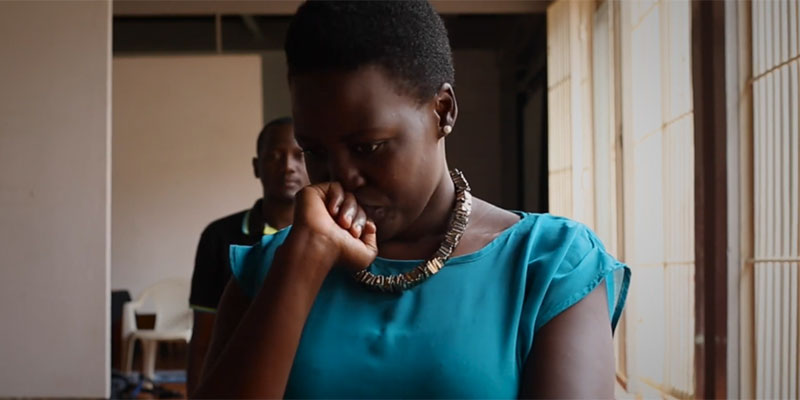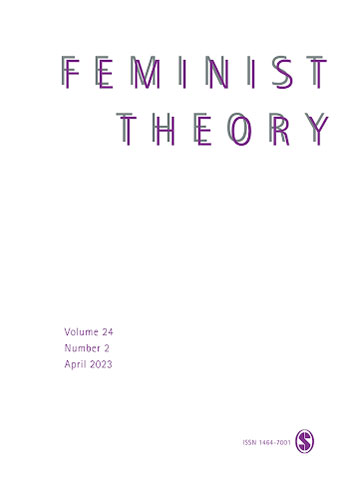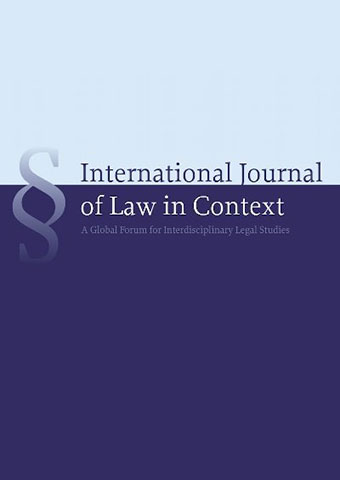
Sustaining activism and political space
A big part of this involves thinking politically about rights - how activists and movements engage with politics and make space for political as well as legal strategies on migration, women’s rights, land rights, and more.
As part of this, we are exploring how strategies from the arts and feminist activism can be adapted to help human rights activists respond to the challenges they face, and sustain their activism over time.
In this work, we are learning from our extensive networks around the world, and from traditions of innovative feminist activism and political thought from Bengal, East Africa, Ireland, and Mexico.
Our work also draws on lessons learnt from land rights activism in Colombia. In this context, and globally, activists working on land rights have been pillars of democratic change and expanded political space for often marginalised rural populations. They contribute to overcoming deeply entrenched forms of structural and everyday violence affecting these communities, and can engender accountability and transparency in decision-making that benefit much broader segments of the population.
Publication highlights



